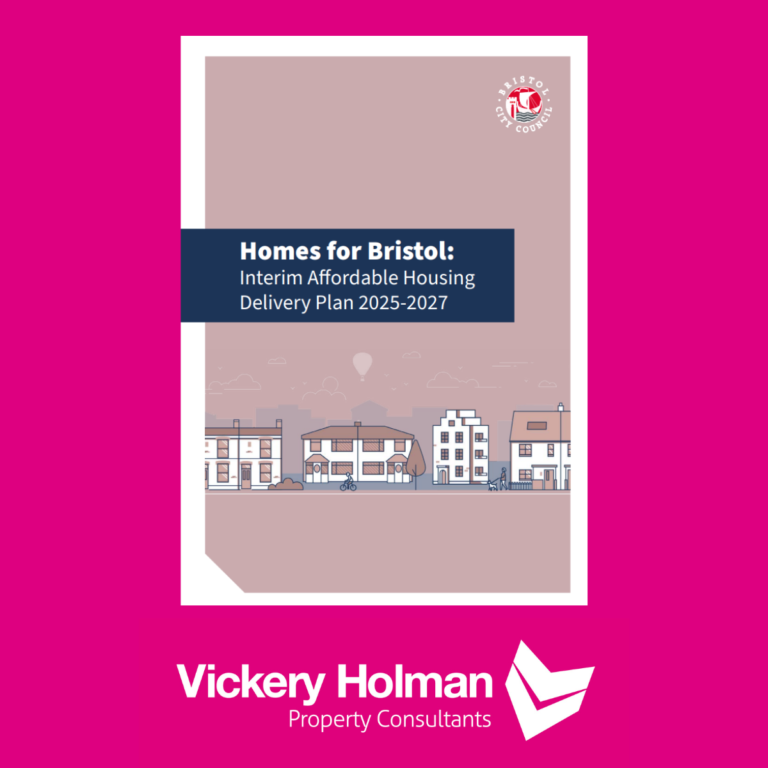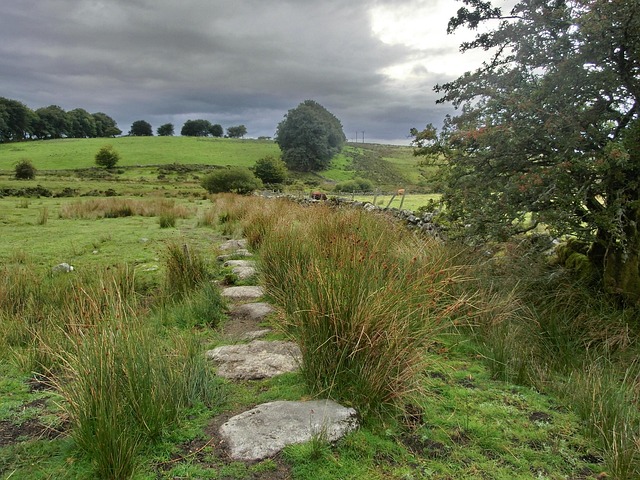Over the past months there have been significant changes made to Permitted Development Rights under The Town and Country Planning (General Permitted Development) (England) (Amendment) Order 2020 in relation to demolition and re-build, upwards extension and use class amendments.
Changes to Permitted Development Rights
Amendment number 3, which came into effect on 31st August 2020, introduces a new permanent permitted development right to allow for the demolition of ‘vacant and redundant commercial buildings’ (B1a offices, B1b research and development, B1c Industrial processes and C3 purpose-built residential blocks of flats) to create new homes, while allowing for local consideration of key planning matters. The buildings to be demolished bust have been built prior to 1st January 1990 and be vacant for at least six months prior to the date of the application of prior approval.
Amendment number 2, which came into effect on 31st August 2020, introduces a permanent permitted development right to allow existing houses, built between 1st July 1948 and 28th October 2018 to be extended to provide more living space by constructing additional storeys.
The Use Classes Order groups different uses of buildings and other land into use classes. A change of use within a single-use class is not considered to be development and therefore does not require planning permission. The changes made by the new regulations, which came into force on 1st September 2020, create new use classes. These reforms are primarily aimed at creating vibrant, mixed-use town centres by allowing businesses greater freedom to change to a broader range of compatible uses which communities expect to find on modern high streets, as well as more generally in town and city centres.
To find out more about changesd to permitted development rights, please contact Stephen Maycock





